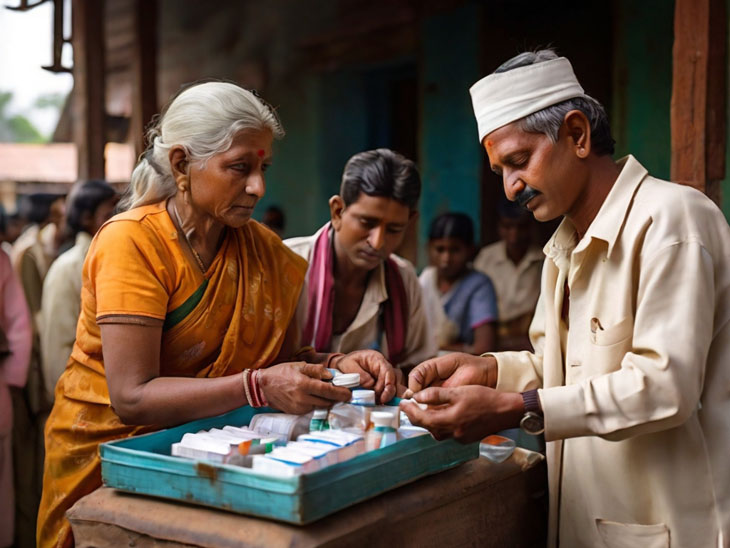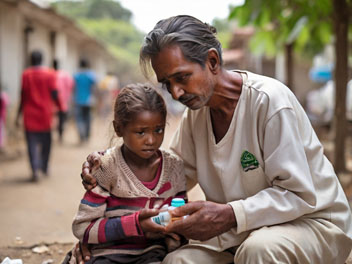Surplus Medicines: Addressing Global Health Disparities
- June 22, 2023
- Beauty, Dental Health, Nutrition And Diet
- 2 mins read
Surplus Medicines present a unique opportunity to address global health disparities where access to health care remains unequal. Surplus Medicines refer to medications that are still safe and effective but are no longer needed or utilized. This article explores the issue of surplus medicines and highlights how they can be leveraged to bridge the healthcare gap, ultimately leading to a more equitable and healthier world.
The Global Health Divide
The global health divide is a stark reality, with millions of people lacking access to essential medicines. Limited resources, economic disparities, and logistical challenges often result in underserved communities struggling to obtain even the most basic healthcare. Surplus medicines offer a glimmer of hope in this scenario, as they can be repurposed and redirected to areas where they are desperately needed.
Maximizing Resources
Surplus medicines represent a valuable resource that, if properly managed, can significantly impact global health outcomes. By identifying and redistributing these medicines to regions where they are scarce, we can maximize their potential and ensure they reach those who need them the most. This approach not only helps bridge the healthcare gap but also promotes resource efficiency and sustainability.

Collaboration and Partnerships
Addressing global health disparities requires collaboration and partnerships between various stakeholders, including governments, pharmaceutical companies, healthcare organizations, and NGOs. By working together, these entities can establish efficient systems for collecting, sorting, and redistributing surplus medicines. Such collaborations can also help ensure the safety and quality of the medicines throughout the redistribution process.
Legal and Regulatory Considerations
The redistribution of surplus medicines involves navigating legal and regulatory frameworks. Each country has specific guidelines governing the donation and use of medicines, with considerations for safety, efficacy, and proper handling. It is essential for individuals and organizations involved in surplus medicine redistribution to adhere to these regulations to guarantee the integrity of the donated medicines and protect the health of the recipients.
Empowering Underserved Communities
Surplus medicines not only address immediate health needs but also empower underserved communities. Access to affordable and necessary medications enhances their overall well-being, enabling individuals to lead healthier and more productive lives. By providing surplus medicines, we can empower communities to take control of their health, break the cycle of illness, and ultimately contribute to their own social and economic development.
Long-term Solutions
While surplus medicines offer immediate relief, they should be seen as a short-term solution to address global health disparities. Long-term strategies should focus on strengthening healthcare systems, improving access to essential medicines, and addressing the root causes of health inequalities. However, surplus medicines can play a vital role during transitional periods, providing a lifeline to those who would otherwise go without necessary treatments.
Surplus medicines present a unique opportunity to address global health disparities by redistributing medications that are still safe and effective. By maximizing resources, fostering collaboration, navigating legal considerations, and empowering underserved communities, surplus medicines can contribute to a more equitable healthcare landscape. While long-term solutions are necessary, leveraging surplus medicines can provide immediate relief and pave the way for a healthier future for all. Let us embrace the potential of surplus medicines and work together to bridge the global health divide.


